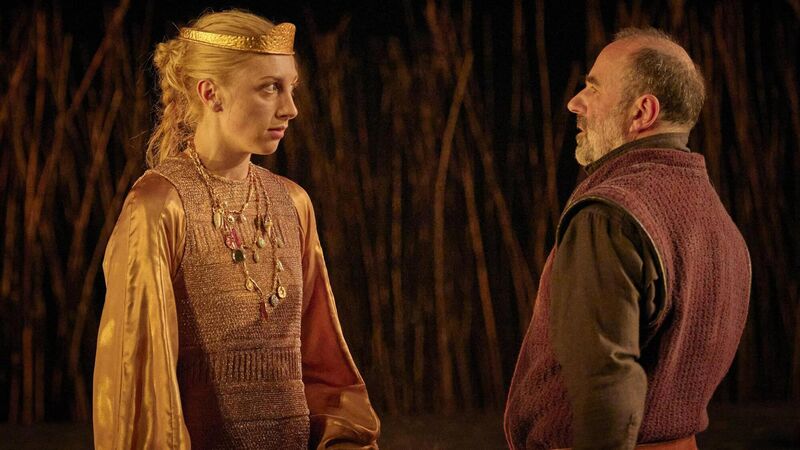Grania review: Ella Lilly Hyland shines in revival of Lady Gregory's verbose play

Ella Lily Hyland and Lorcan Cranitch in Grania, at the Abbey for Dublin Theatre Festival. Picture: Ros Kavanagh
- Grania
- Abbey Theatre, Dublin Theatre Festival
- ★★★☆☆
Try from €1.50 / week
SUBSCRIBE
Ella Lily Hyland and Lorcan Cranitch in Grania, at the Abbey for Dublin Theatre Festival. Picture: Ros Kavanagh
Newsletter
Music, film art, culture, books and more from Munster and beyond.......curated weekly by the Irish Examiner Arts Editor.
Newsletter
Music, film art, culture, books and more from Munster and beyond.......curated weekly by the Irish Examiner Arts Editor.
© Examiner Echo Group Limited